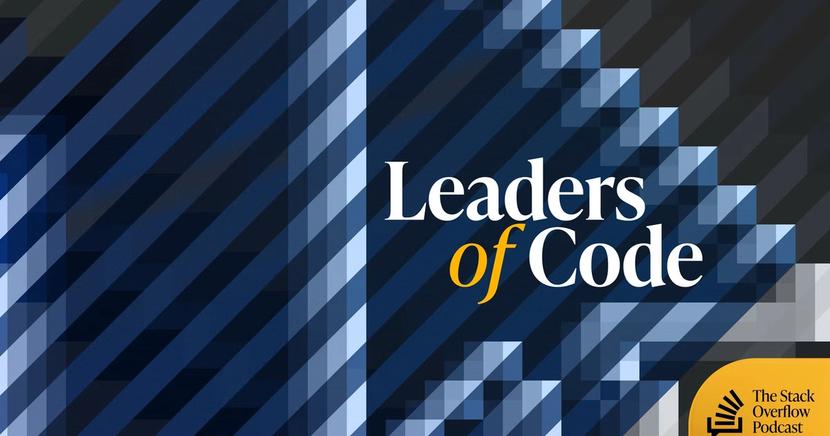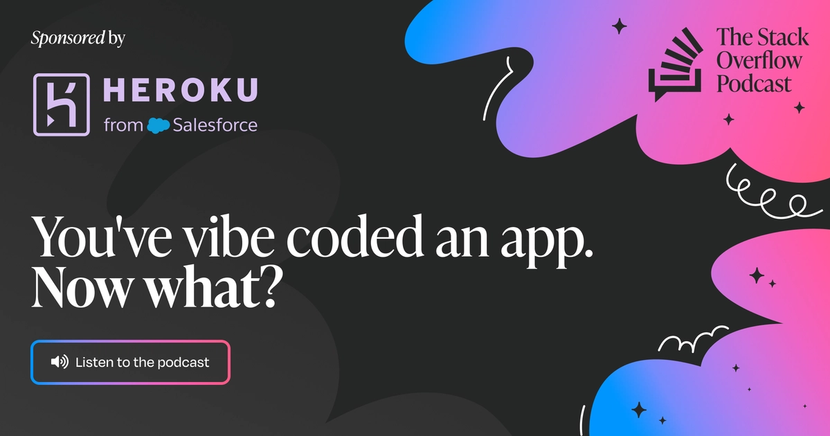How to do your job happier
Research scientist John Flournoy sits down with Ryan and Eira to dive into the recent research around developer experience, including the nuances of measuring productivity, the potential reasons for variability in developer performance, and the impacts of collaboration and competition on developer efficiency.



